Home>Articles>How Much Does It Cost To Add A Basement To A House
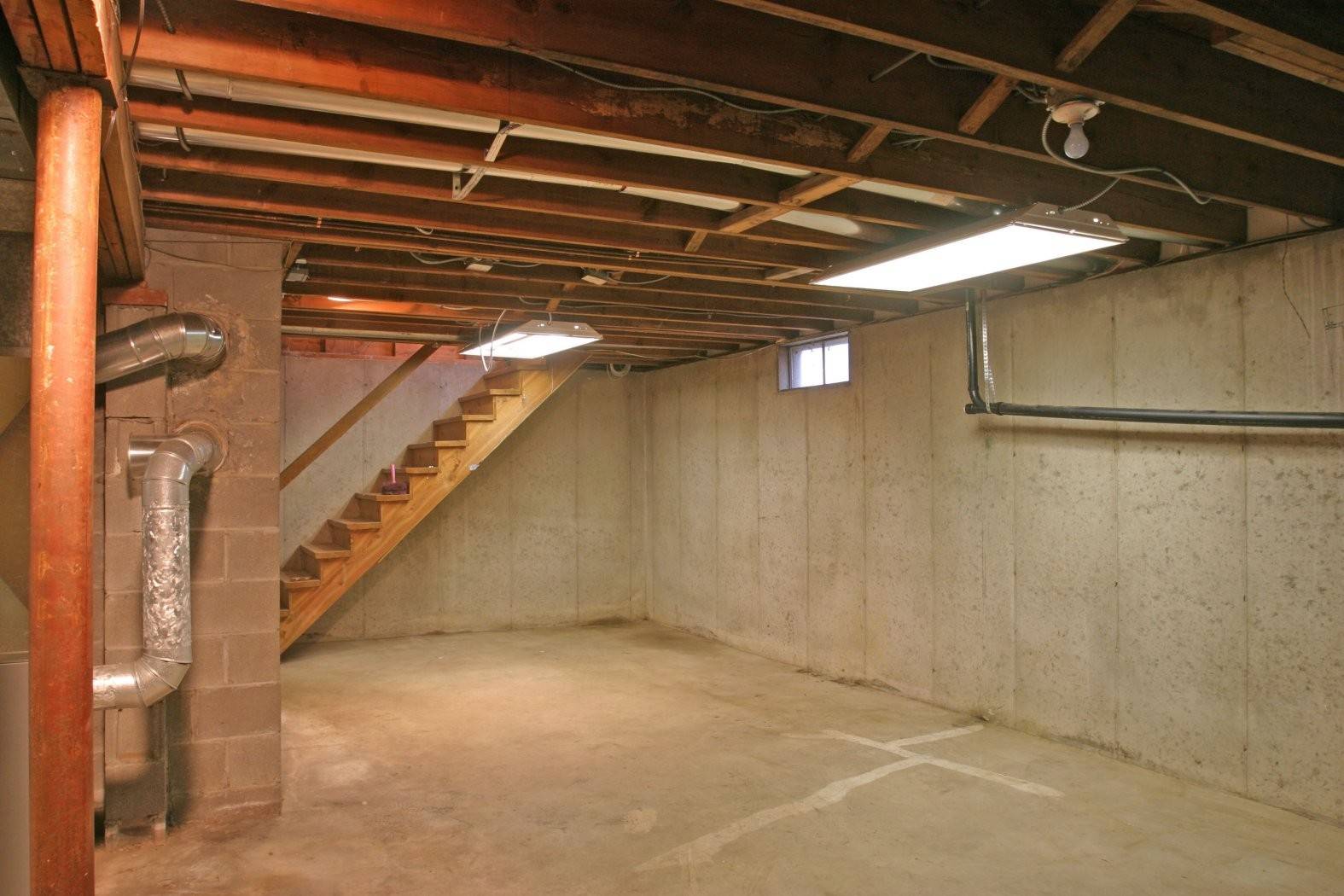

Articles
How Much Does It Cost To Add A Basement To A House
Modified: February 24, 2024
Find articles on how much it costs to add a basement to your house. Get expert advice and estimates to help you plan your basement renovation.
(Many of the links in this article redirect to a specific reviewed product. Your purchase of these products through affiliate links helps to generate commission for Storables.com, at no extra cost. Learn more)
Introduction
Adding a basement to a house can provide numerous benefits, such as extra living space, storage, or even the opportunity to create a dedicated entertainment area. However, before embarking on this project, it is essential to consider various factors that will affect the feasibility and cost of adding a basement.
One of the primary considerations is the structural integrity of the existing house. Adding a basement requires extensive excavation work and modification to the foundation, so it is crucial to assess whether the current structure can support the additional weight. Consulting with a structural engineer is advisable to determine the feasibility of adding a basement to your house.
Another critical factor is budget. Adding a basement can be a significant investment, and the overall cost will depend on various factors, such as the size of the basement, the complexity of the excavation, and the location of the house. Understanding these cost considerations upfront can help you plan and budget accordingly.
Location is also an important consideration. Adding a basement to a house on flat ground may be more straightforward and less expensive compared to houses built on steep slopes or with challenging soil conditions. The accessibility of the construction site, availability of utilities, and local building codes should be assessed before starting the project.
In this article, we will explore the factors to consider before adding a basement, estimate the cost of adding a basement to a single-level house, and discuss potential savings or additional costs based on the house’s location. By considering these factors, you can make an informed decision about whether adding a basement to your house is the right choice for you.
Key Takeaways:
- Adding a basement to a house requires careful consideration of factors such as structural integrity, budget, and location. Consulting professionals and obtaining accurate cost estimates are crucial for a successful project.
- The cost of adding a basement to a single-level house includes excavation, foundation work, interior finishing, and additional expenses. Understanding potential savings or additional costs based on house location is essential for effective budget planning.
Factors to Consider Before Adding a Basement
Adding a basement to a house is a significant undertaking that requires careful consideration. Before proceeding with this project, it is essential to evaluate several factors that can impact the feasibility and success of the basement addition.
1. Structural Integrity: Before adding a basement, it is crucial to assess the structural integrity of the existing house. The foundation and footings must be able to support the additional weight of the basement. Hiring a structural engineer to evaluate the current structure is highly recommended.
2. Budget: Adding a basement can be a substantial financial investment. Consider your budget and determine how much you are willing to spend on this project. Keep in mind that the cost of adding a basement can vary depending on factors such as the size of the basement, site conditions, and local labor costs.
3. Building Codes and Permits: Research local building codes and permit requirements before starting the basement addition. Obtain any necessary permits and ensure compliance with local regulations to avoid costly fines or delays in the construction process.
4. Site Conditions: Evaluate the site conditions surrounding your house. Factors such as slope, soil type, groundwater levels, and accessibility can affect the complexity and cost of the excavation process. Steep slopes or poor soil conditions may require additional measures, such as retaining walls or soil stabilization, which can add to the overall costs.
5. Utilities and Services: Consider the location of utility lines and services such as water, sewer, and electricity. Ensure that these services can be extended to the basement area and that any necessary modifications or connections can be made without significant disruption or cost.
6. Functionality and Design: Determine how you will utilize the basement space. Will it serve as additional living space, storage, or a specific purpose such as a home office or entertainment area? Consider the design and layout of the basement to ensure it aligns with your vision and meets your specific needs.
7. Resale Value: Adding a basement can potentially increase the value of your home. However, it is important to consider the local real estate market and whether the investment will yield a significant return. Research the market trends in your area and consult with a real estate professional to assess the potential impact on resale value.
By carefully evaluating these factors, you can make an informed decision about whether adding a basement to your house is a viable option. Consulting with professionals such as structural engineers, architects, and contractors can provide valuable insights and guidance throughout the planning and construction process.
Cost Estimates for Adding a Basement to a Single-Level House
Adding a basement to a single-level house is a complex construction project that involves excavation, foundation work, and interior finishing. The cost of adding a basement can vary significantly depending on several factors, including the size of the basement, site conditions, and location. Here are some cost estimates to consider when planning to add a basement to your single-level house.
1. Excavation: Excavation is a crucial component of adding a basement. The cost of excavation can vary depending on the depth of the basement, the type of soil, and the accessibility of the construction site. On average, excavation costs can range from $5,000 to $20,000 or more.
2. Foundation Work: The foundation work involves modifying the existing foundation and constructing new walls for the basement. This includes foundation reinforcement, underpinning, waterproofing, and drainage systems. Foundation work costs can vary depending on the size and complexity of the project and can range from $20,000 to $50,000 or more.
3. Interior Finishing: Once the foundation work is completed, the interior of the basement needs to be finished. This includes framing, insulation, drywall, electrical and plumbing installations, flooring, and finishing touches. The cost of interior finishing can range from $30,000 to $60,000 or more, depending on the size and level of customization.
4. Permit and Design Costs: Obtaining the necessary permits and hiring professionals such as architects and engineers to design the basement layout and create construction plans can add to the overall cost. Permit fees and design costs can range from a few thousand dollars to several thousand dollars.
5. Additional Costs: In addition to the main components mentioned above, there may be additional costs to consider, such as removing or relocating utilities, installing egress windows or doors for safety, and upgrading the HVAC system to accommodate the new space. These additional costs can vary depending on the specific requirements of your project and can range from a few thousand dollars to tens of thousands of dollars.
It is important to note that the cost estimates provided are general ranges and can vary significantly depending on the location, size of the basement, and specific project requirements. Obtaining multiple quotes from reputable contractors and consulting with professionals in the construction industry can help you get a more accurate cost estimate for your specific project.
Adding a basement to a single-level house is a substantial investment, but it can significantly increase the usable space and value of your home. Careful planning, budgeting, and working with experienced professionals can help ensure a successful basement addition project that meets your needs and exceeds your expectations.
Average Costs for Excavation and Foundation Work
Excavation and foundation work are critical components when adding a basement to a house. These two processes form the foundation for the new basement, and their cost can vary based on several factors. Understanding the average costs for excavation and foundation work can help you better plan and budget for your basement addition project.
Excavation Costs:
The cost of excavation primarily depends on the size of the basement and the complexity of the excavation process. Factors such as the type of soil, presence of rocks or debris, and the accessibility of the construction site can also affect the cost. On average, excavation costs for adding a basement to a house range between $5,000 and $20,000 or more.
If the soil conditions are unstable or require additional measures like soil stabilization or retaining walls, the excavation costs can be higher. Similarly, if the construction site is challenging to access or if trees, rocks, or other obstacles need to be removed, the cost may increase due to the additional labor and equipment required.
Foundation Work Costs:
The foundation work involves modifying the existing foundation and constructing new walls for the basement. The cost of foundation work depends on factors such as the size of the basement, foundation reinforcement requirements, waterproofing, underpinning, and drainage systems.
On average, foundation work costs for adding a basement to a house can range between $20,000 and $50,000 or more. This range takes into account the complexity of the project, the type of foundation required, and any additional structural modifications that may be necessary.
If the existing foundation needs to be reinforced or if underpinning is required to support the weight of the new basement, the cost may increase. Waterproofing and installing drainage systems are also crucial to prevent moisture issues in the basement, and these additional measures can influence the overall cost of foundation work.
It is important to note that these cost estimates are average ranges and can vary significantly depending on the specific requirements of your project, location, and the contractor you choose. Obtaining multiple quotes and consulting with professionals in the construction industry can help you get a more accurate cost estimate for your particular basement addition project.
By considering the average costs for excavation and foundation work, you can better allocate your budget and ensure that you have a clear understanding of the financial aspects of your basement addition project. Working with experienced professionals who specialize in basement construction can help ensure that the excavation and foundation work is done correctly and efficiently, setting a solid foundation for the rest of your basement addition project.
When adding a basement to a house, consider the cost of excavation, foundation, waterproofing, and finishing. Get multiple quotes from contractors and factor in any necessary permits and regulations.
Additional Costs for Basement Construction
When adding a basement to a house, there are several additional costs to consider beyond the excavation and foundation work. These costs can vary depending on the specific requirements of your project and the level of customization you desire. Understanding these additional costs can help you budget and plan accordingly for your basement construction project.
1. Interior Finishing:
Once the foundation work is complete, the interior of the basement needs to be finished. This includes framing, insulation, drywall installation, electrical and plumbing work, flooring, and painting. The cost of interior finishing can range from $30,000 to $60,000 or more, depending on the size and complexity of the basement space.
If you plan to add a bathroom or kitchenette in the basement, the cost will increase due to the additional plumbing and electrical requirements. Custom features, such as built-in shelves or a home theater system, can also add to the overall cost of the interior finishing.
2. HVAC System Upgrades:
Adding a basement to your house may require modifications or upgrades to your heating, ventilation, and air conditioning (HVAC) system. The basement will need to be adequately heated and cooled to ensure comfort. The cost of upgrading the HVAC system can vary depending on the size of the basement and the specific requirements of your project, ranging from a few thousand dollars to tens of thousands of dollars.
3. Egress Windows or Doors:
For safety reasons, basements typically require egress windows or doors that serve as emergency exits. These windows or doors must meet specific size and accessibility requirements. The cost of installing egress windows or doors can range from $2,500 to $5,000 or more per window or door, including labor and materials.
4. Utilities and Services:
If your basement will include additional living space or specific amenities like a bathroom or kitchen, you may need to extend utilities and services to the basement area. This can include installing additional plumbing lines, electrical outlets or panels, and HVAC ductwork. The cost of extending utilities and services can vary significantly depending on the specific requirements of your project and the accessibility of existing systems.
5. Permits and Design Costs:
Obtaining the necessary permits for the basement construction and hiring professionals such as architects and engineers to design the basement layout and create construction plans can add to the overall cost. Permit fees and design costs can range from a few thousand dollars to several thousand dollars.
Remember that these additional costs are estimates and can vary depending on the complexity and customization of your basement construction project. It is important to consult with experienced professionals and obtain multiple quotes to get a more accurate cost estimate based on your specific requirements.
By considering these additional costs for basement construction, you can better plan and budget for your project, ensuring that you are prepared for all aspects of the construction process. Proper planning and careful consideration of these costs will help you create a functional and beautiful basement space that enhances the value and enjoyment of your home.
Read more: How Much Does It Cost To Add A Bathroom?
Potential Savings or Additional Costs based on House Location
The location of your house can have a significant impact on the overall cost of adding a basement. Depending on factors such as the accessibility of the construction site, soil conditions, and local building codes, you may experience potential savings or additional costs. Understanding how your house location can influence the cost can help you better plan and budget for your basement addition project.
1. Accessibility of the Construction Site:
If your house is located on a flat piece of land with easy access for construction equipment, it can potentially reduce the overall cost of adding a basement. Contractors will have an easier time excavating and bringing in materials and equipment, resulting in lower labor costs. On the other hand, if your house is located on a hill or has limited access, additional measures may be required, such as building ramps or using specialized equipment, leading to additional costs.
2. Soil Conditions:
The type of soil at your house location can impact the cost of basement construction. Sandy or well-draining soil is generally easier to excavate and may require less reinforcement or stabilization measures, resulting in potential savings. However, if the soil is clayey or has a high water table, additional measures may be necessary to ensure stability and prevent water seepage, leading to additional costs.
3. Local Building Codes and Permit Requirements:
Every locality has its own building codes and permit requirements for basement construction. Some areas may have more lenient regulations, while others may have stricter guidelines. Understanding the local building codes and permit requirements will help you navigate the process more efficiently. If your house is located in an area with stringent regulations, additional costs may be incurred to comply with these requirements.
4. Utilities and Services:
The location of utility lines and services can affect the cost of adding a basement. If the existing utilities are easily accessible and can be extended to the basement area without significant modifications, potential savings can be realized. However, if the utilities are located far from the construction site or require extensive modifications, additional costs may be incurred to connect them to the basement.
5. Proximity to Construction Materials and Labor:
The location of your house in relation to construction materials suppliers and skilled labor can impact the cost of adding a basement. If suppliers and laborers are readily available nearby, transportation costs and labor fees may be lower, resulting in potential savings. Conversely, if suppliers and laborers need to travel long distances, higher transportation costs may be incurred, leading to additional expenses.
Considering these potential savings or additional costs based on your house location is crucial for an accurate budget and successful basement addition project. Consulting with professionals familiar with local conditions and obtaining multiple quotes from contractors will provide valuable insights and help you better estimate the costs associated with your specific location.
By understanding how your house location influences the cost of adding a basement, you can plan and budget accordingly, ensuring a smoother construction process and achieving your desired outcome within your financial means.
Conclusion
Adding a basement to a house can provide valuable additional living space, storage, and even increase the overall value of your home. However, it is essential to carefully consider various factors before embarking on this substantial construction project. By evaluating the structural integrity of your house, setting a realistic budget, understanding local building codes, and considering the accessibility and soil conditions at your house location, you can make informed decisions and plan effectively for your basement addition.
Cost estimates for adding a basement to a single-level house include excavation, foundation work, interior finishing, permits, and additional costs such as HVAC upgrades and egress windows or doors. These costs can vary depending on the size and complexity of the project, as well as the customization level desired. It is crucial to obtain multiple quotes from reputable contractors and consult with professionals during the planning and construction process to ensure accurate cost estimates for your specific project.
Your house location can also influence the cost of adding a basement. Factors such as accessibility, soil conditions, local building codes, and proximity to construction materials and labor can result in potential savings or additional costs. Understanding these factors will allow you to better forecast and allocate your budget, ensuring a successful and cost-effective basement construction project.
In conclusion, adding a basement to your house is a significant undertaking that requires careful consideration of various factors. By taking the time to assess the structural integrity, set a realistic budget, understand local regulations, and consider house location factors, you can make informed decisions and plan effectively for your basement addition project. Working with experienced professionals and obtaining multiple quotes will help ensure that the construction process is smooth and successful, resulting in a functional and beautiful basement space that enhances the value and enjoyment of your home for years to come.
Frequently Asked Questions about How Much Does It Cost To Add A Basement To A House
Was this page helpful?
At Storables.com, we guarantee accurate and reliable information. Our content, validated by Expert Board Contributors, is crafted following stringent Editorial Policies. We're committed to providing you with well-researched, expert-backed insights for all your informational needs.
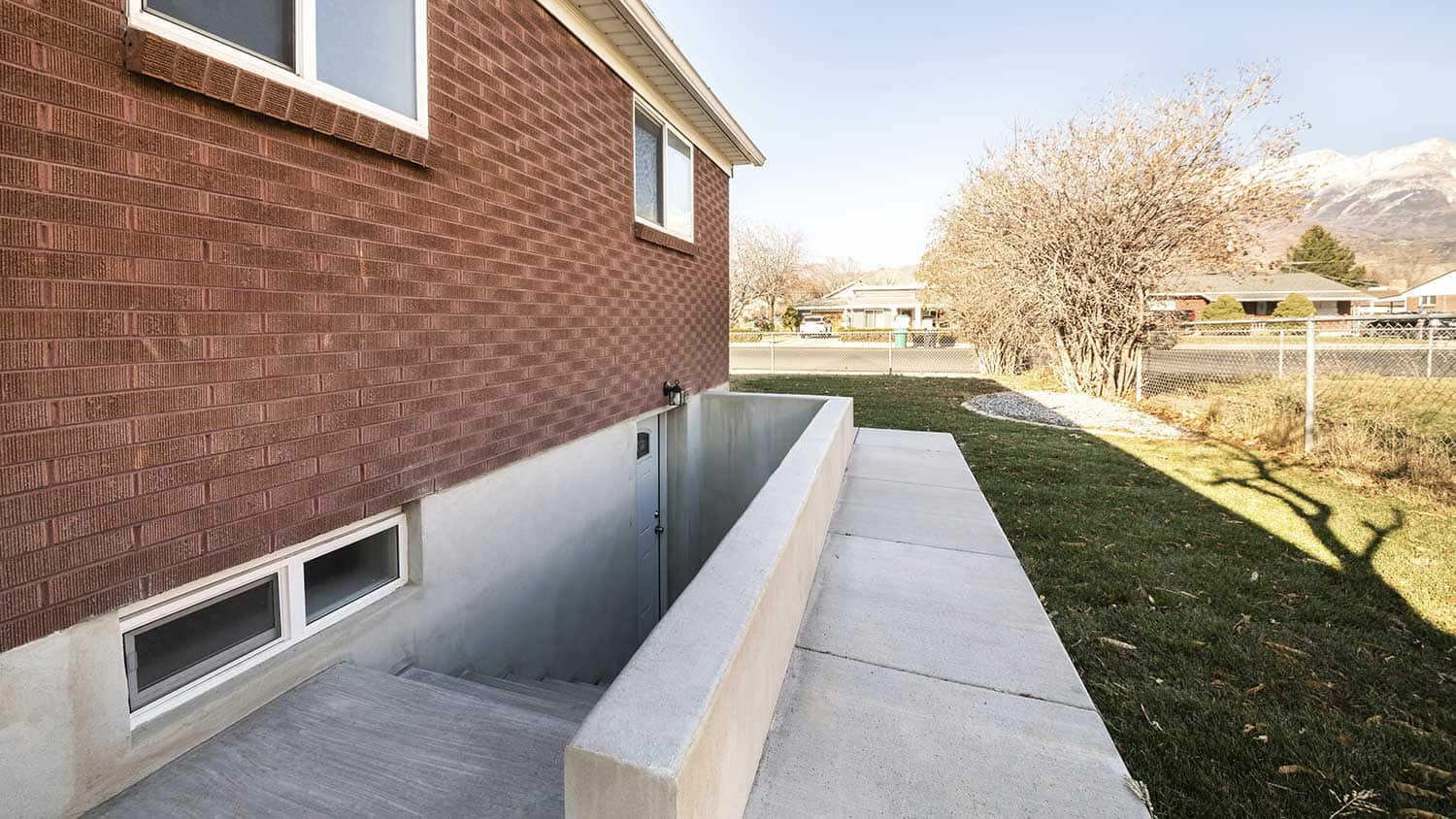
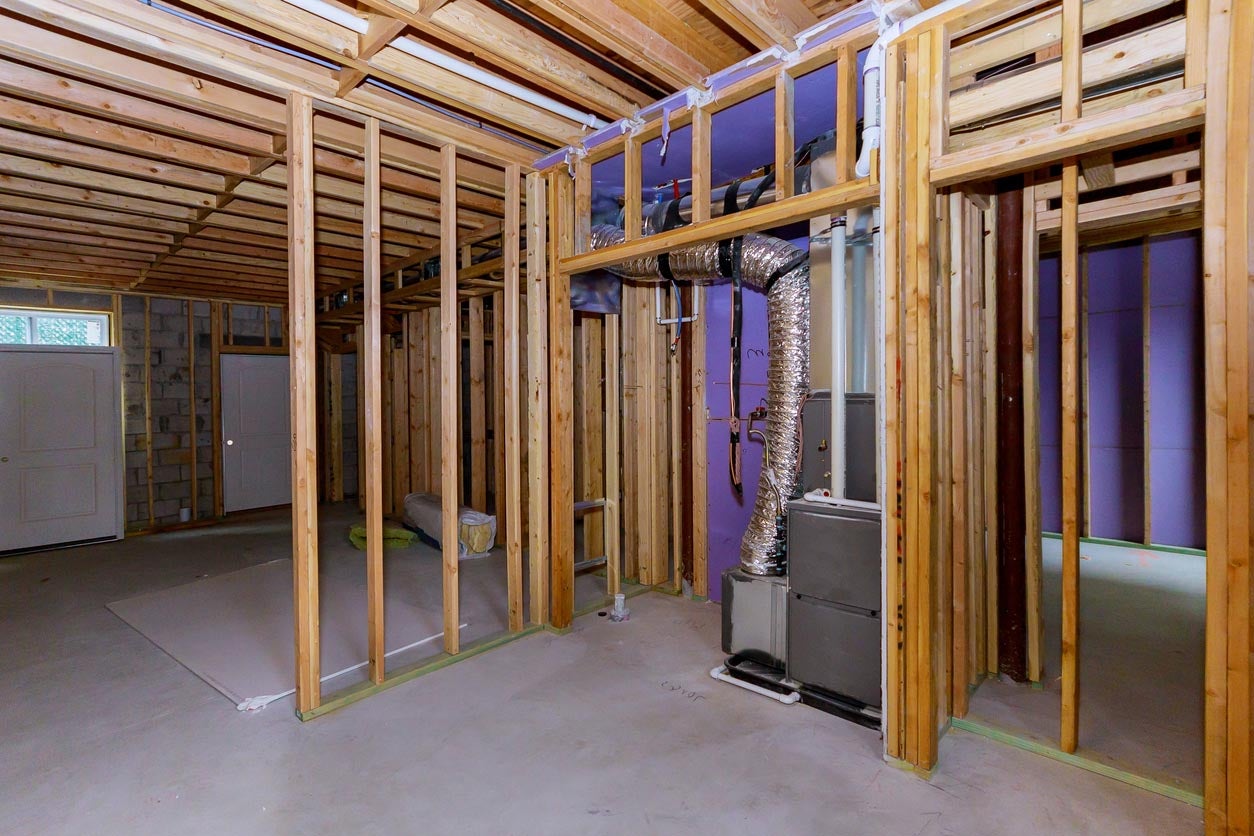
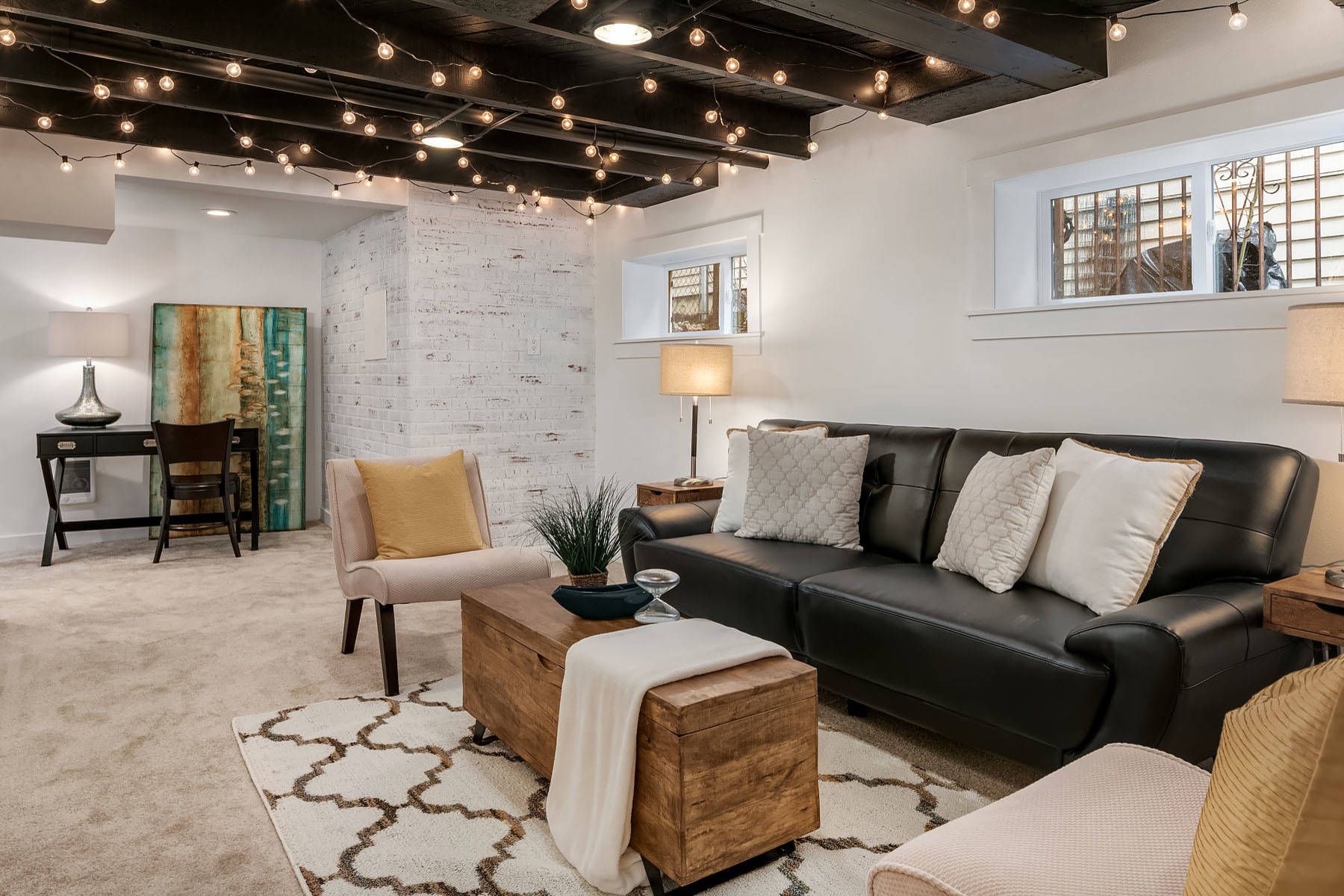
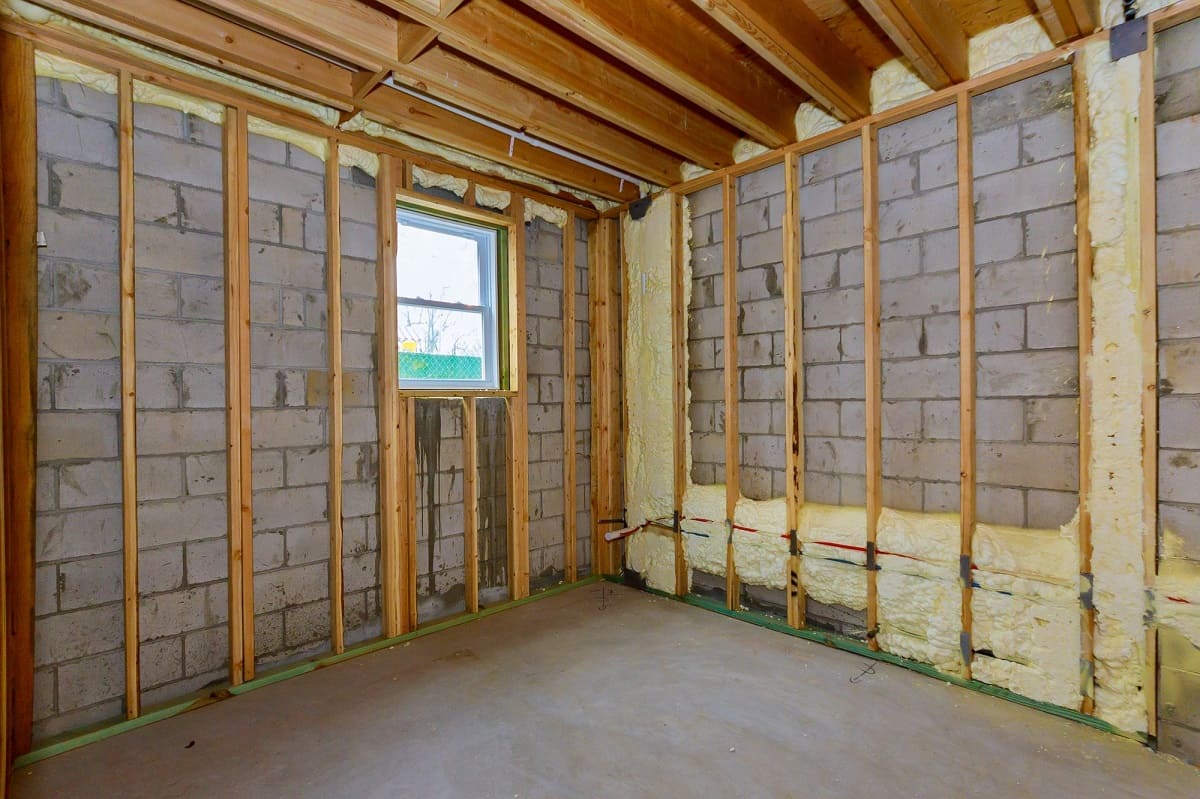

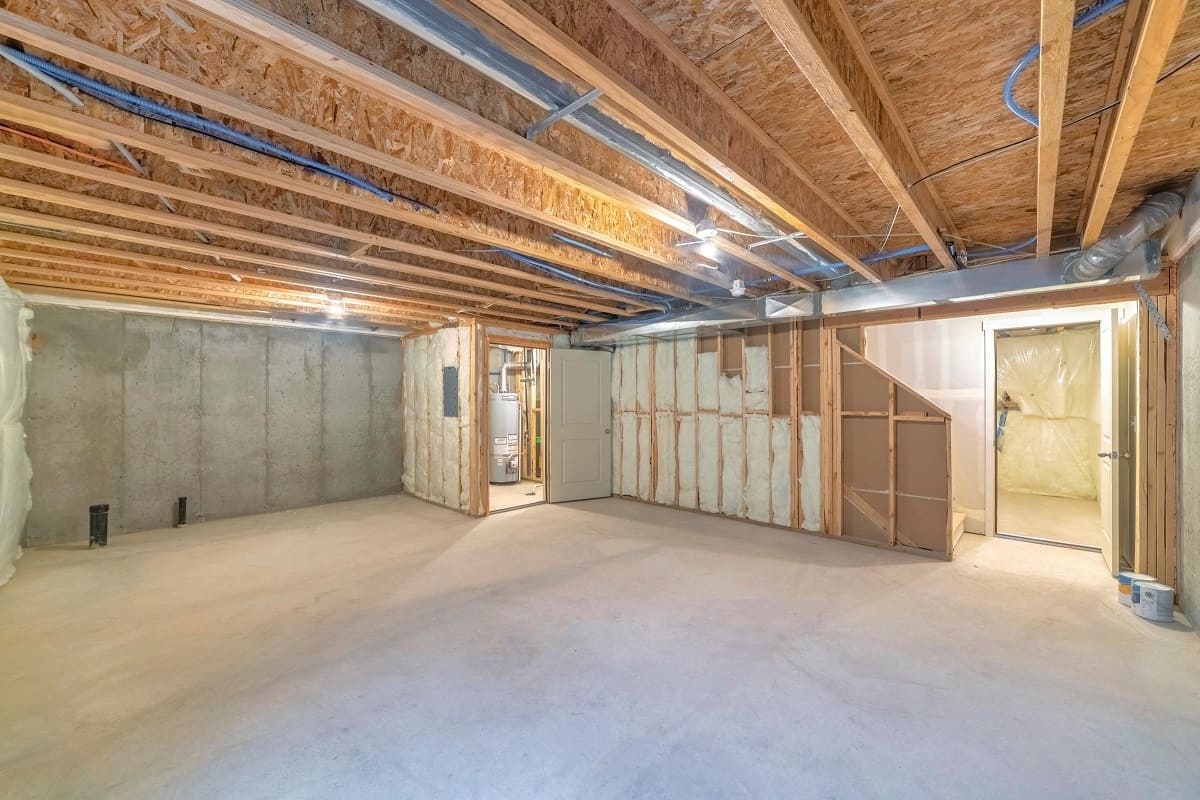
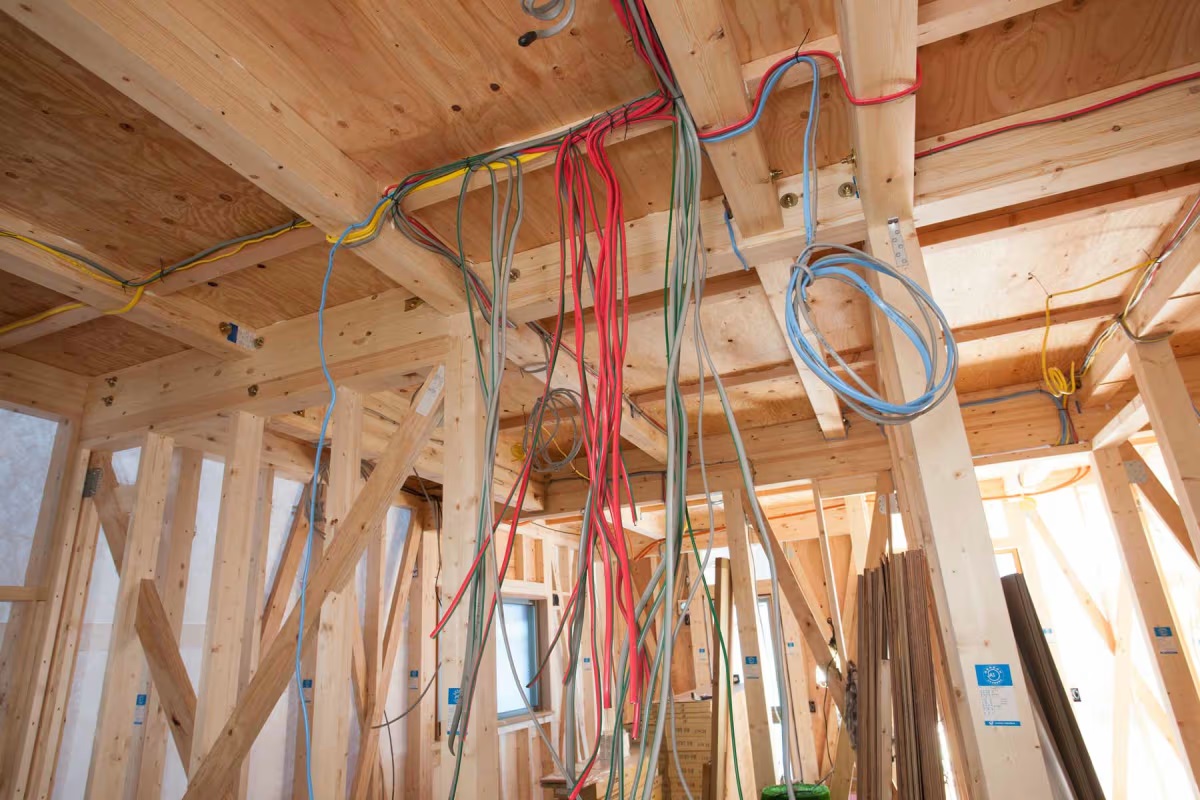
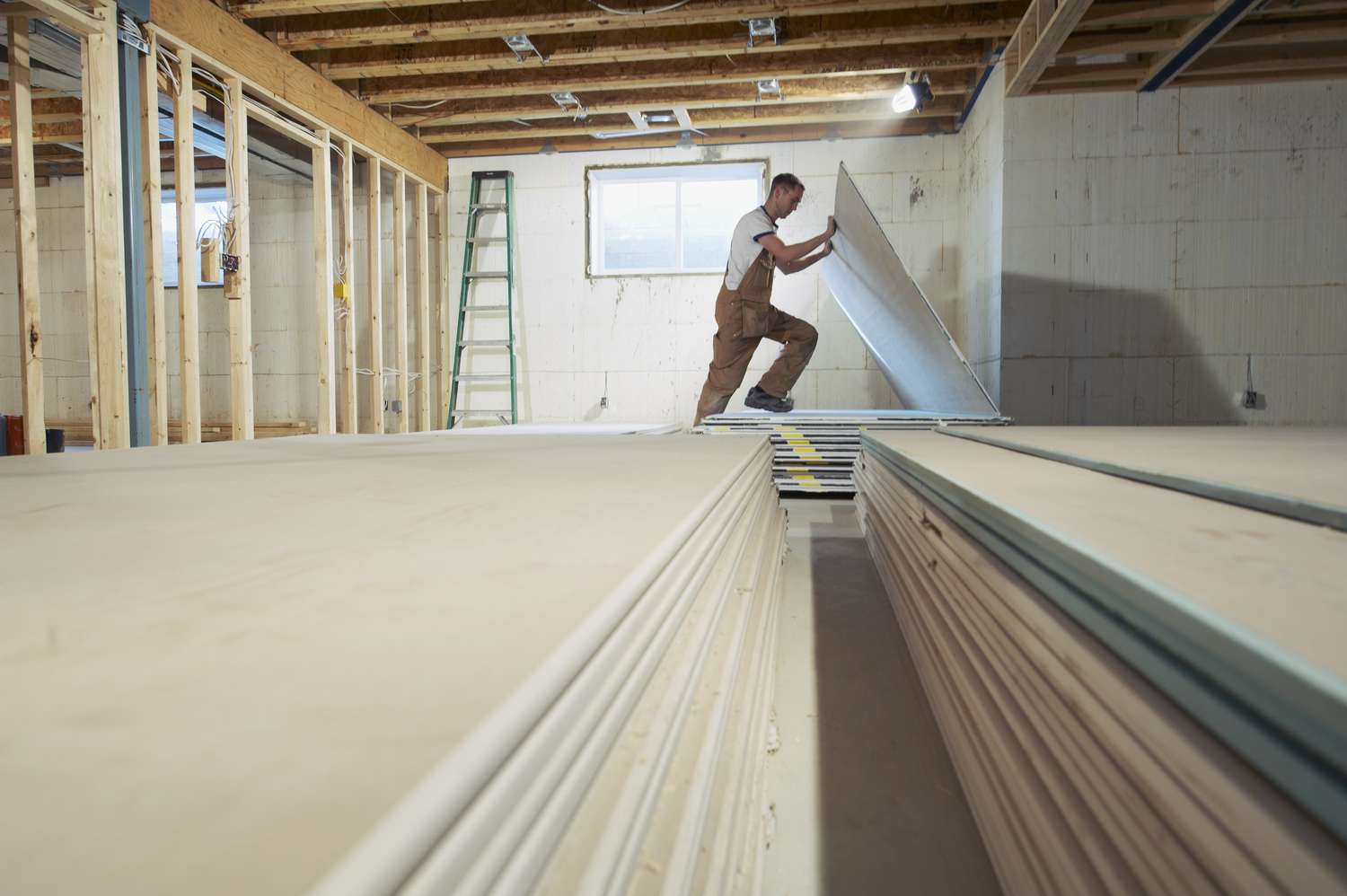

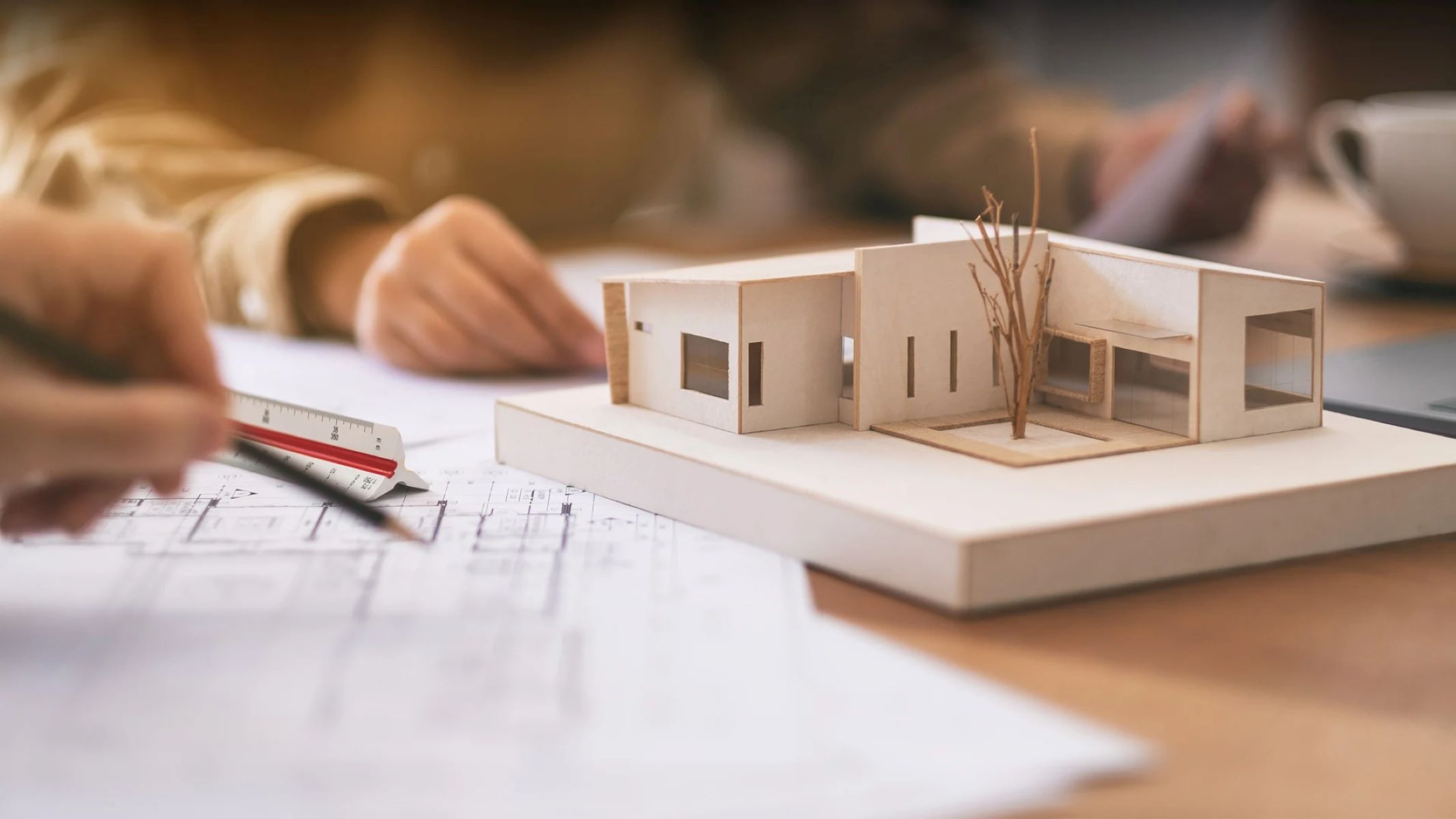

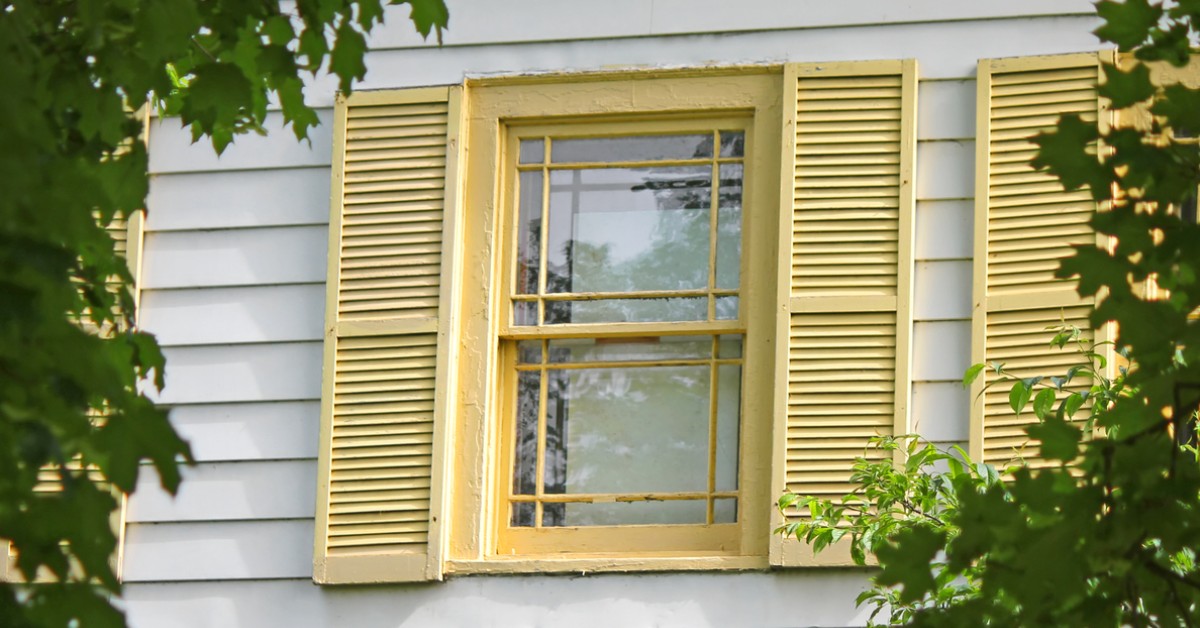
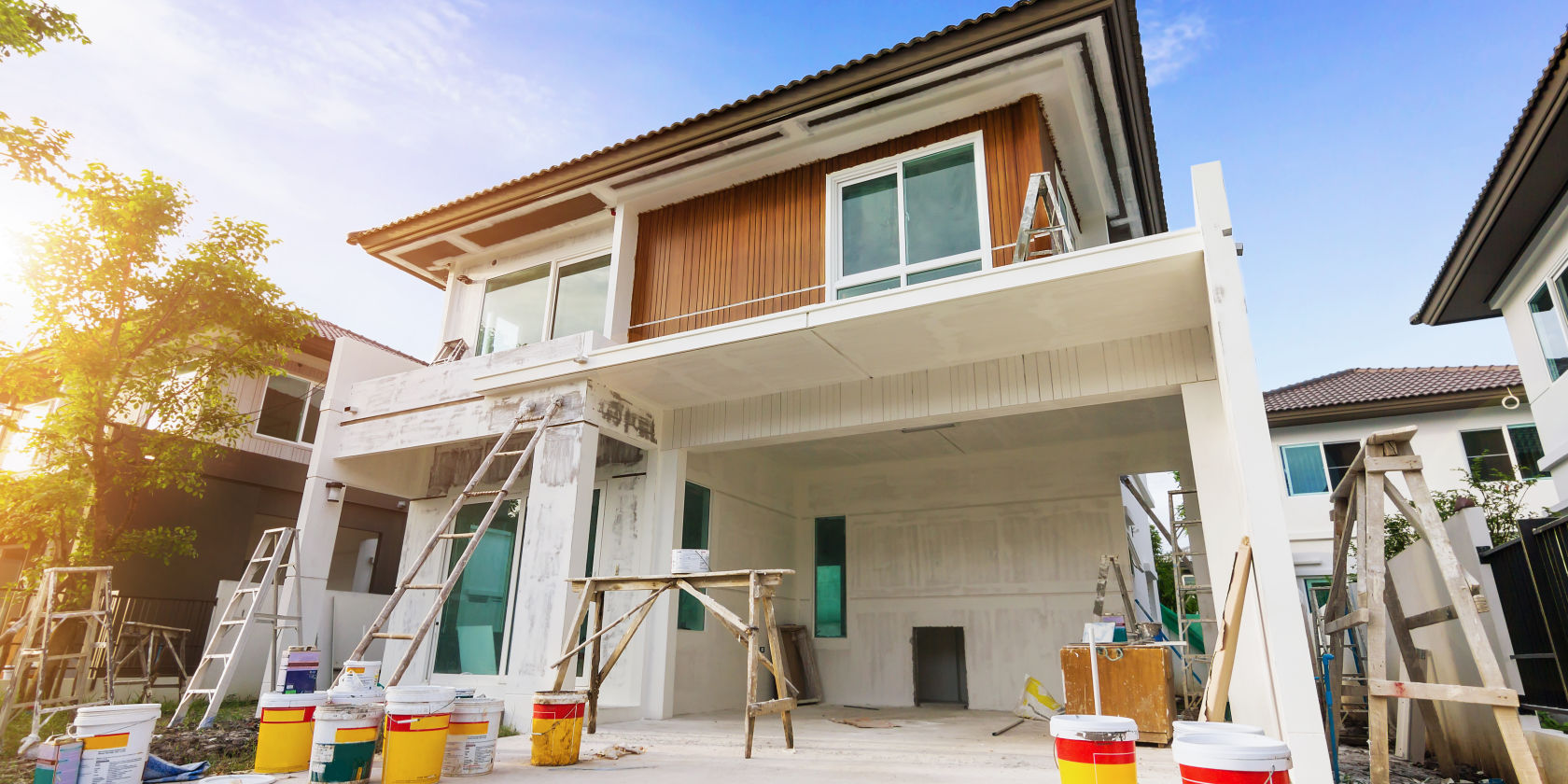
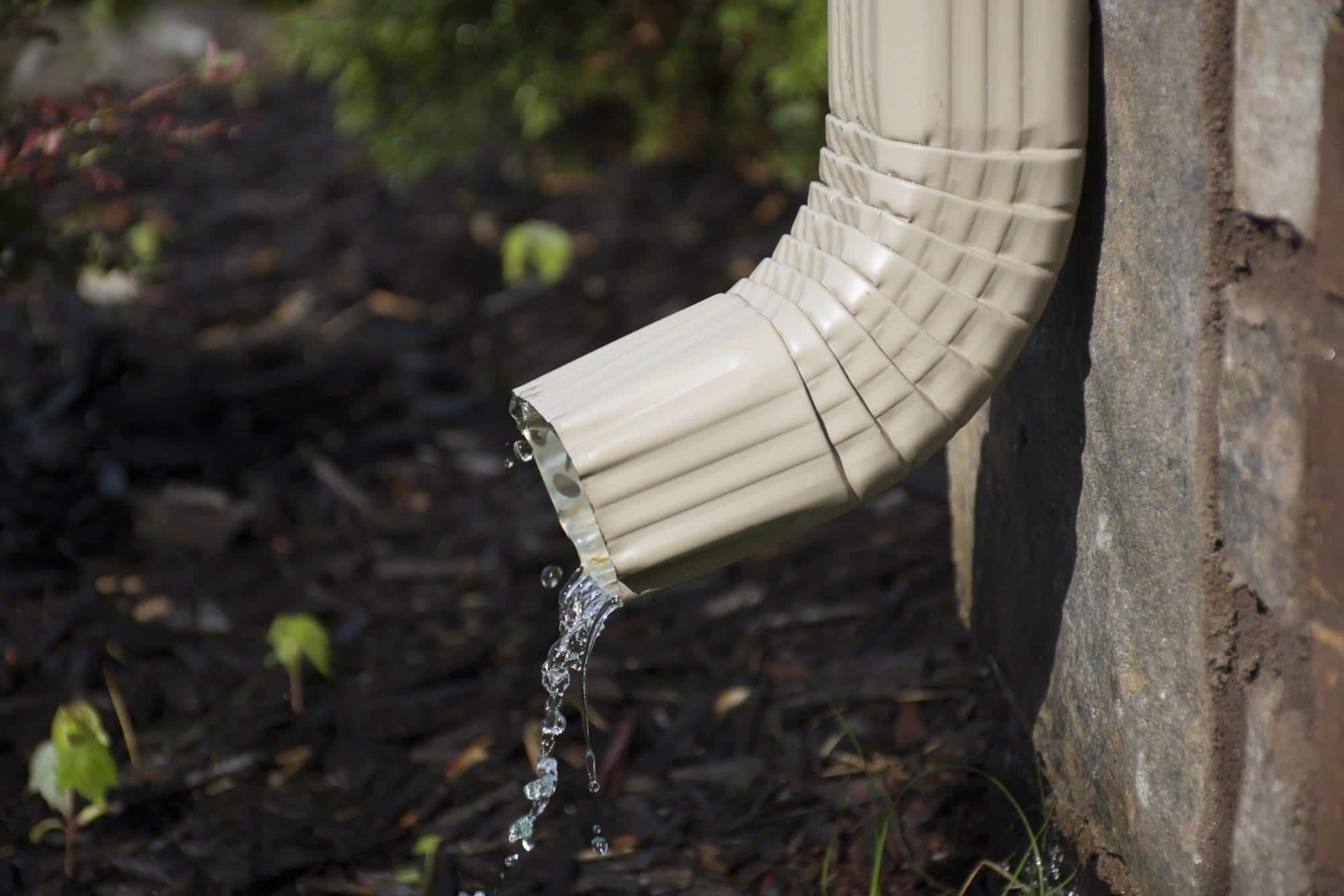

0 thoughts on “How Much Does It Cost To Add A Basement To A House”